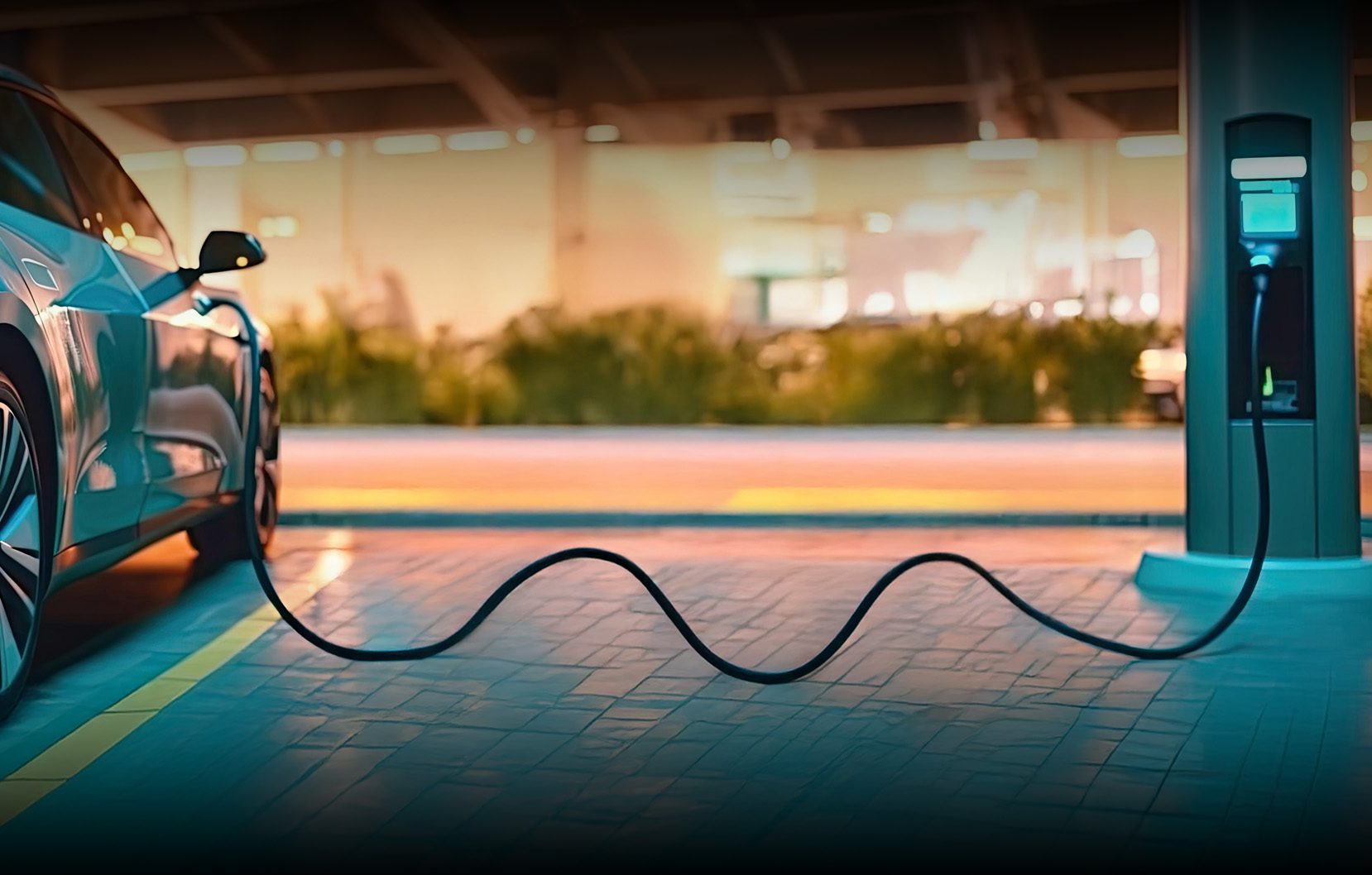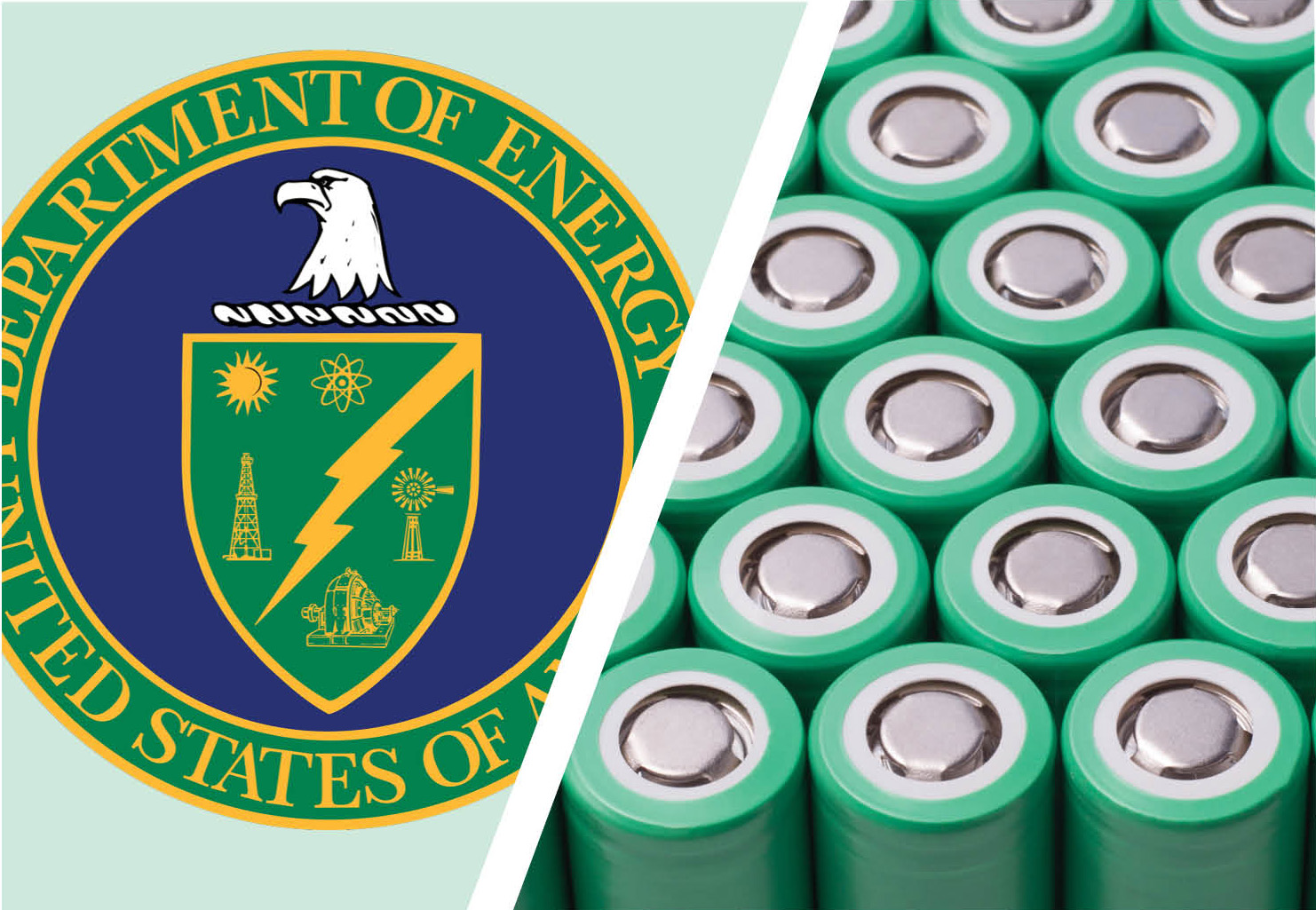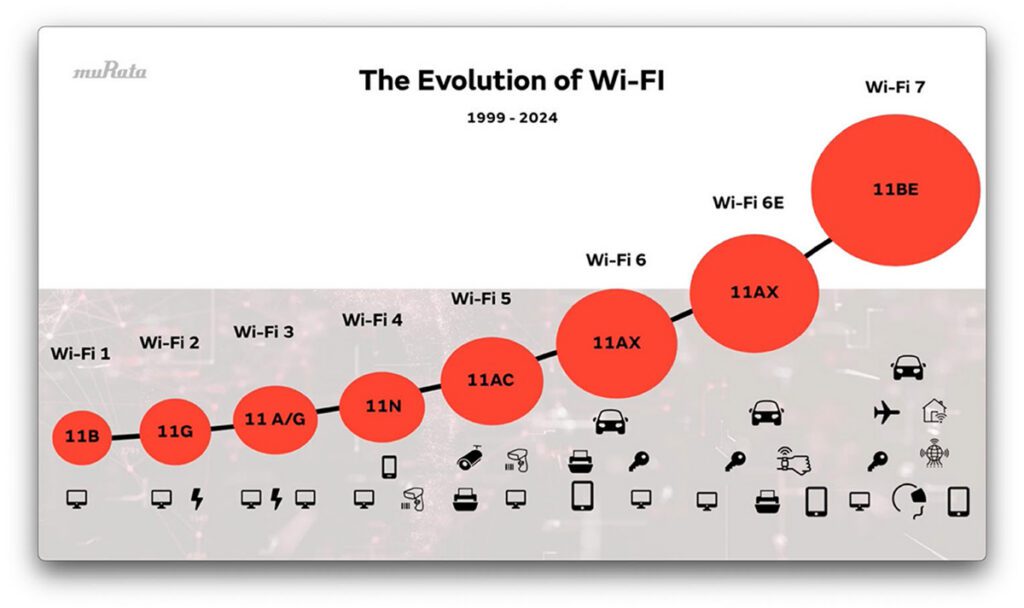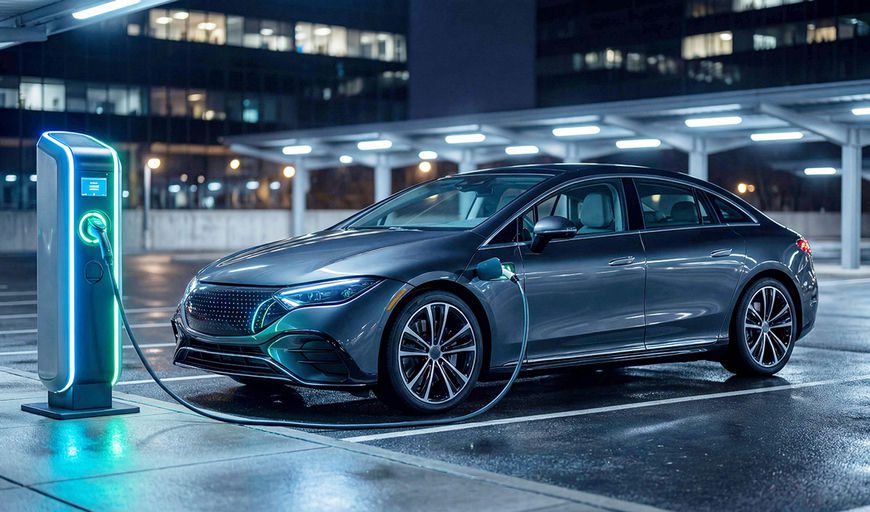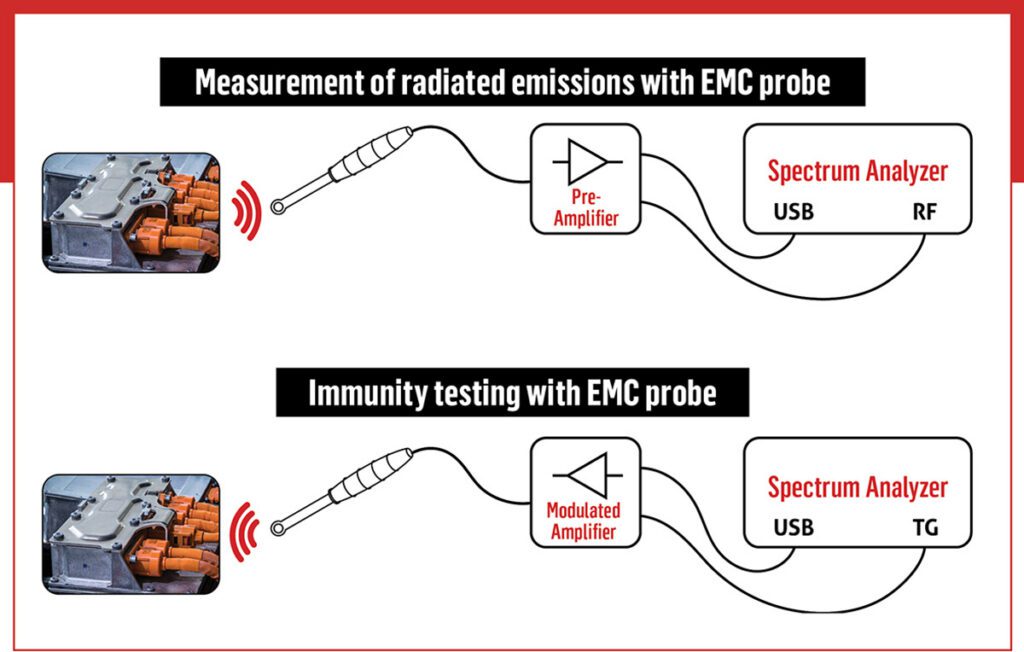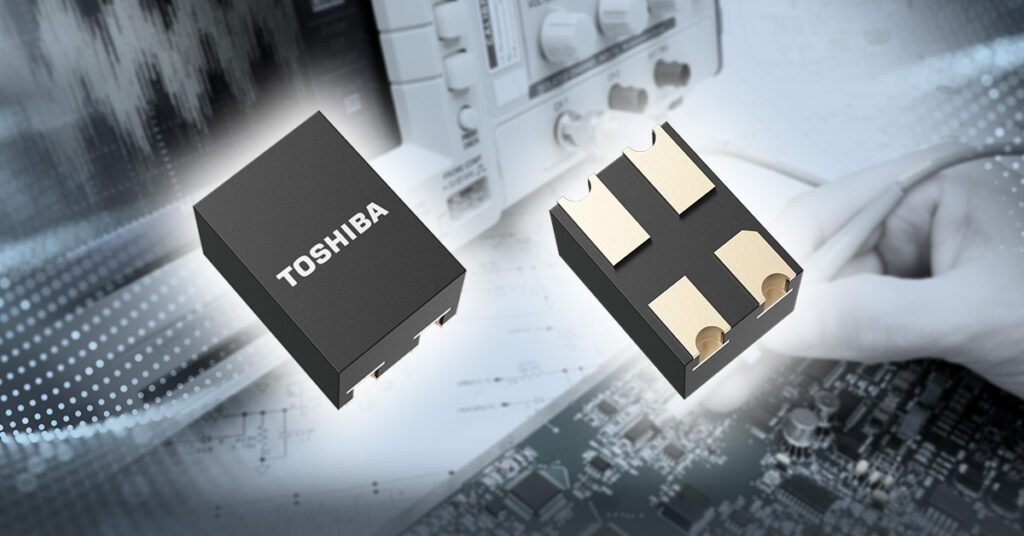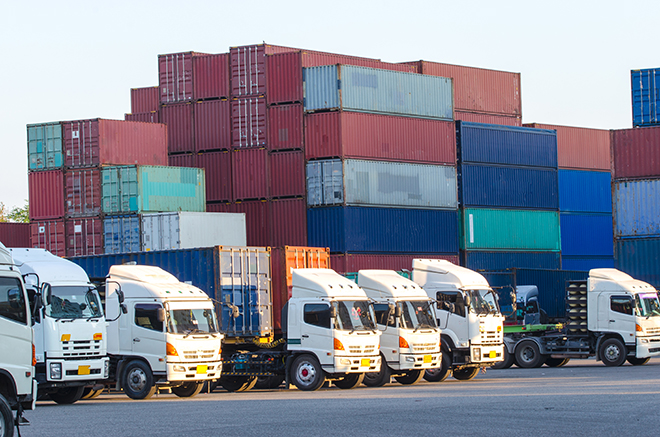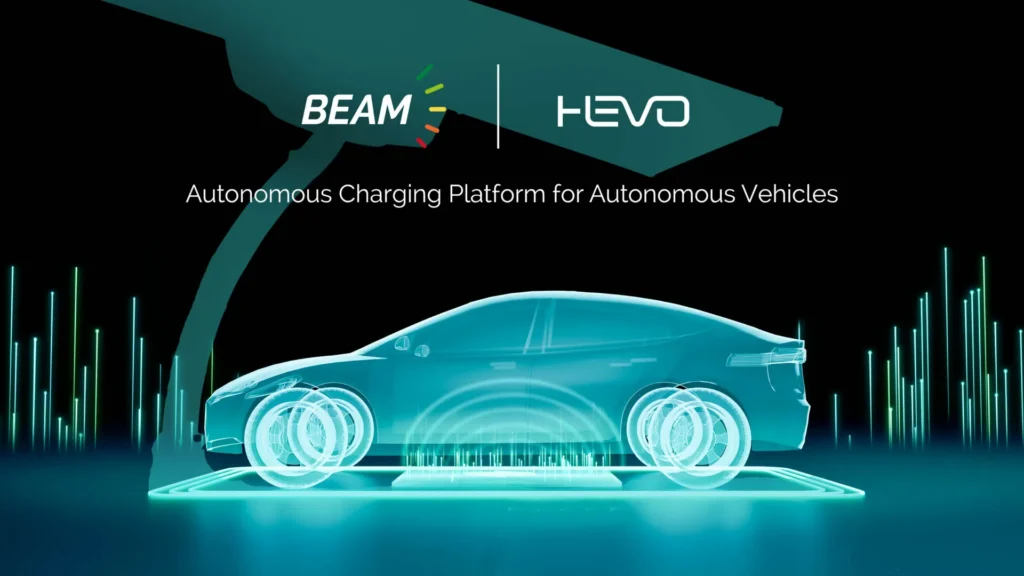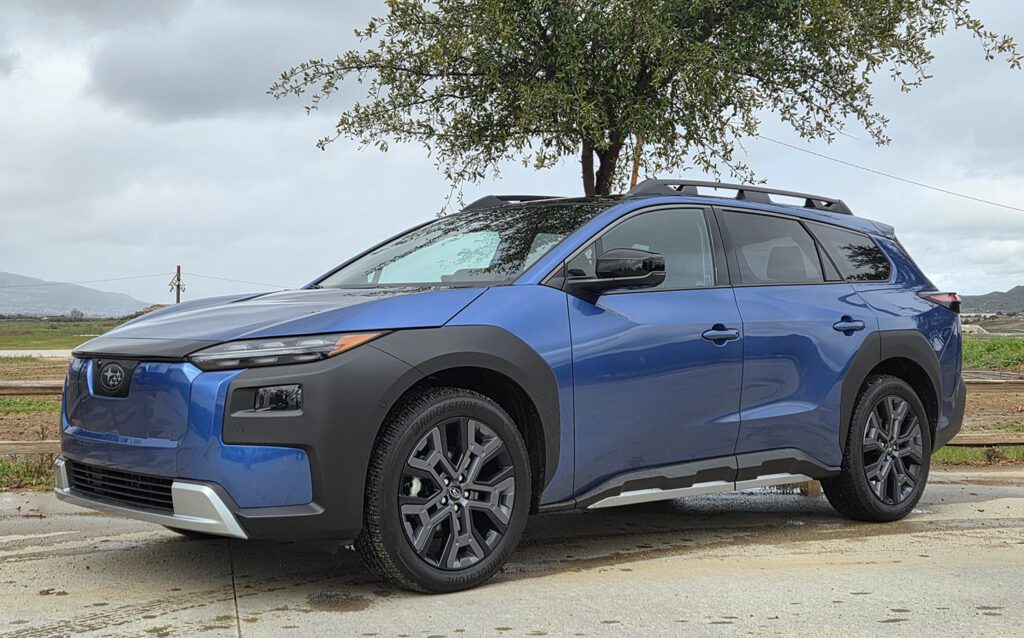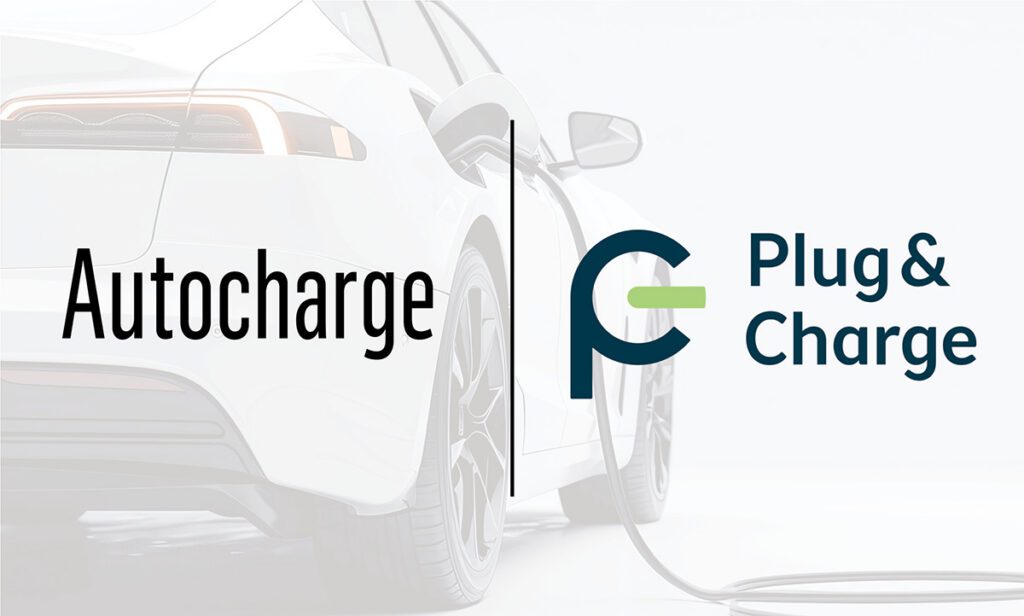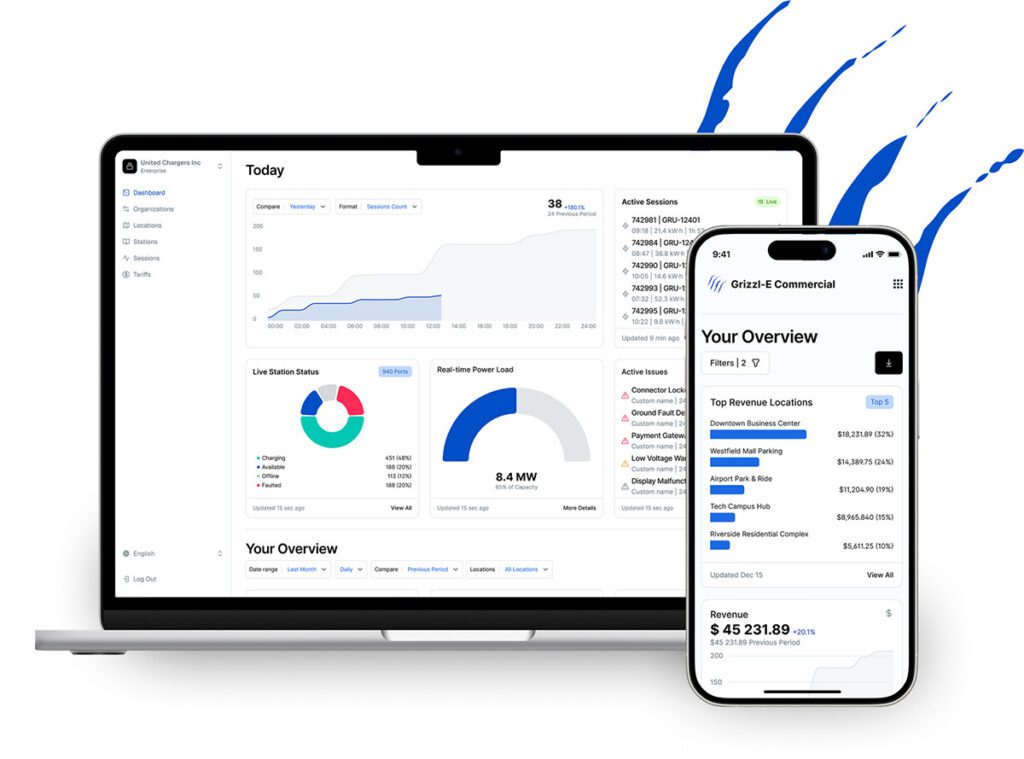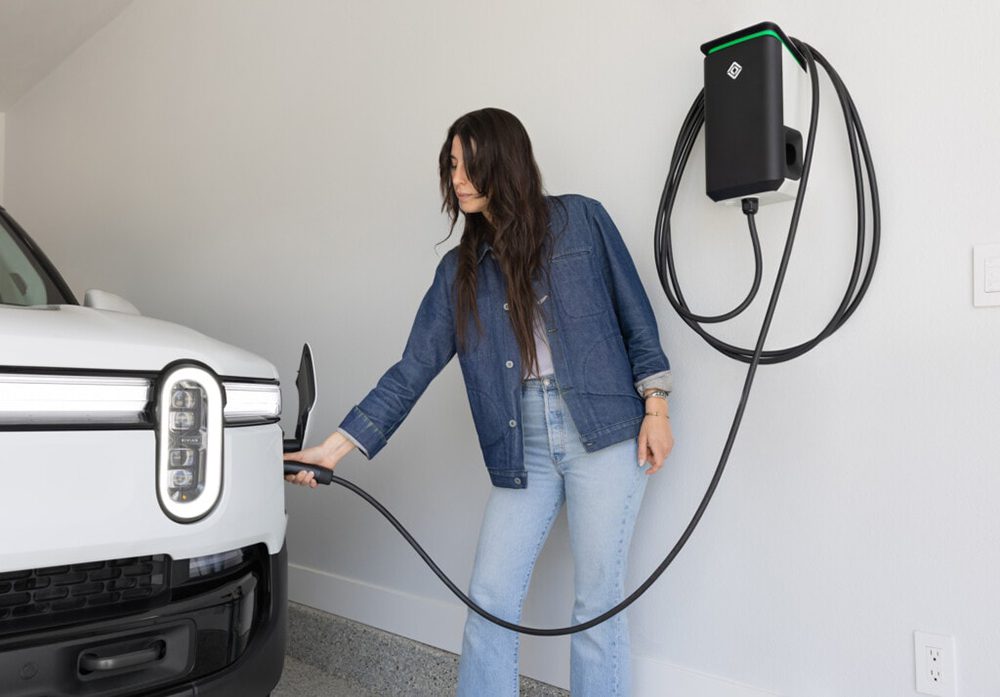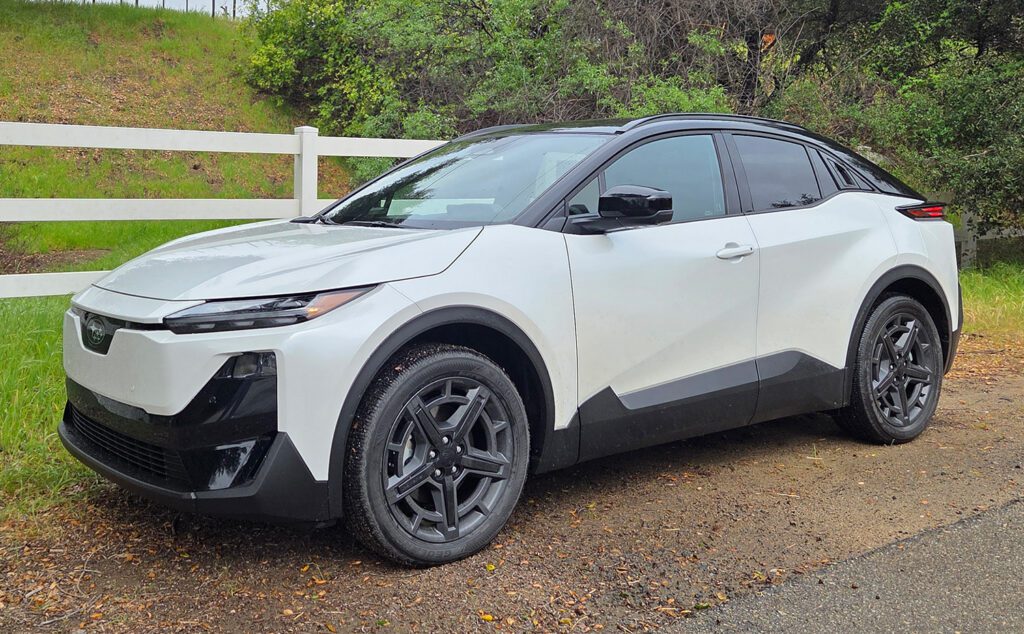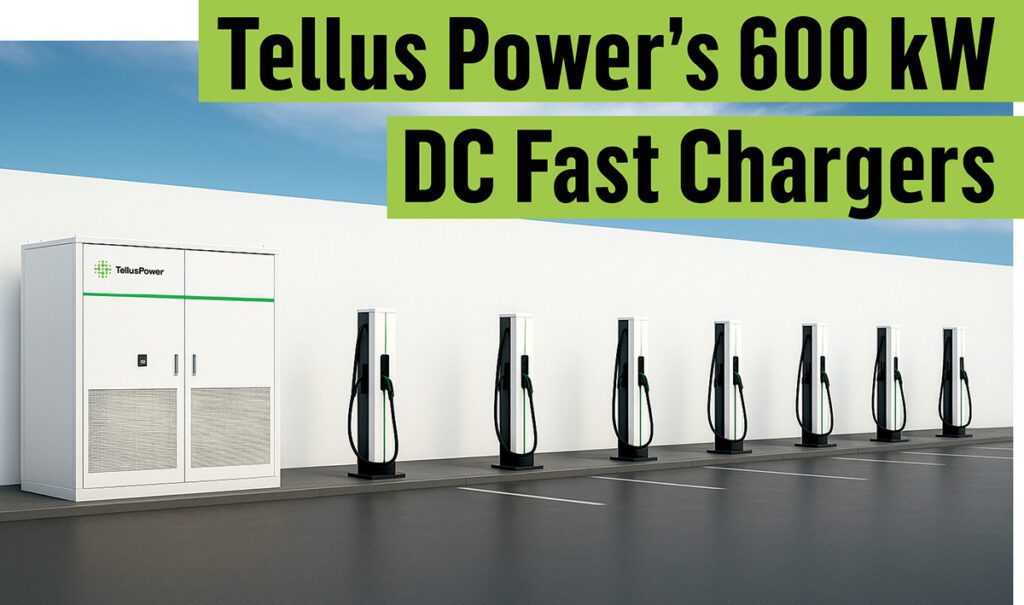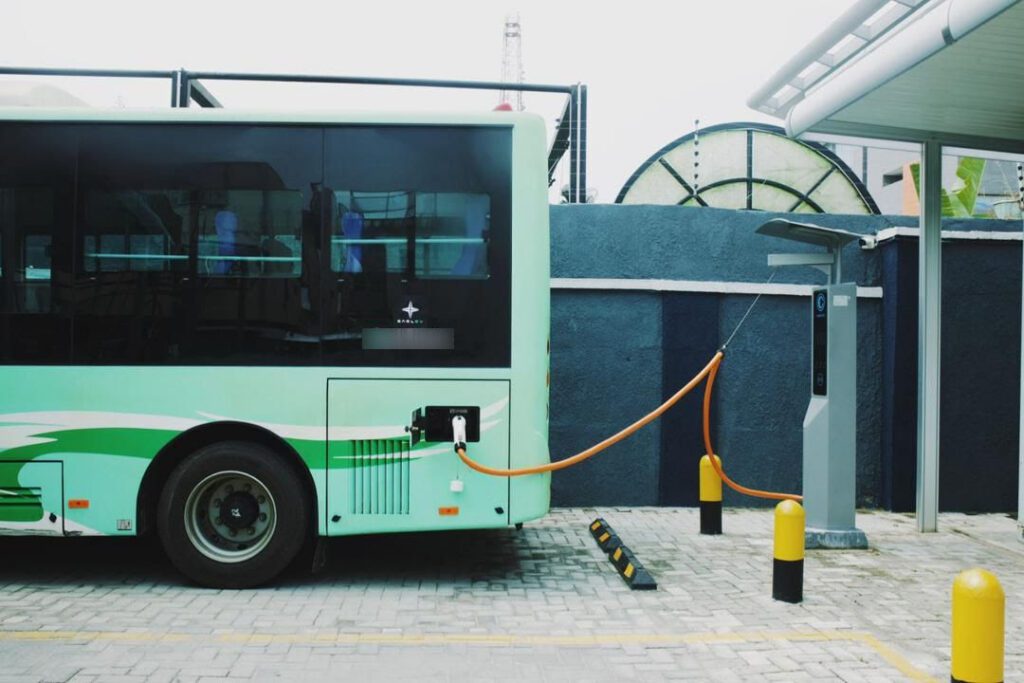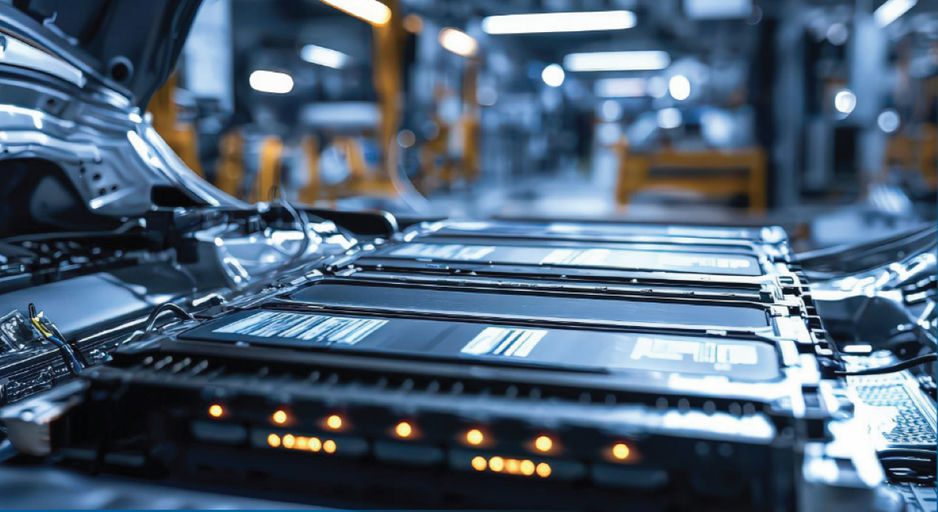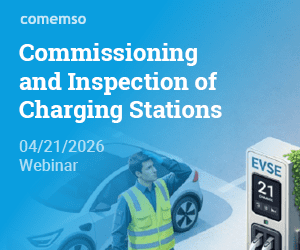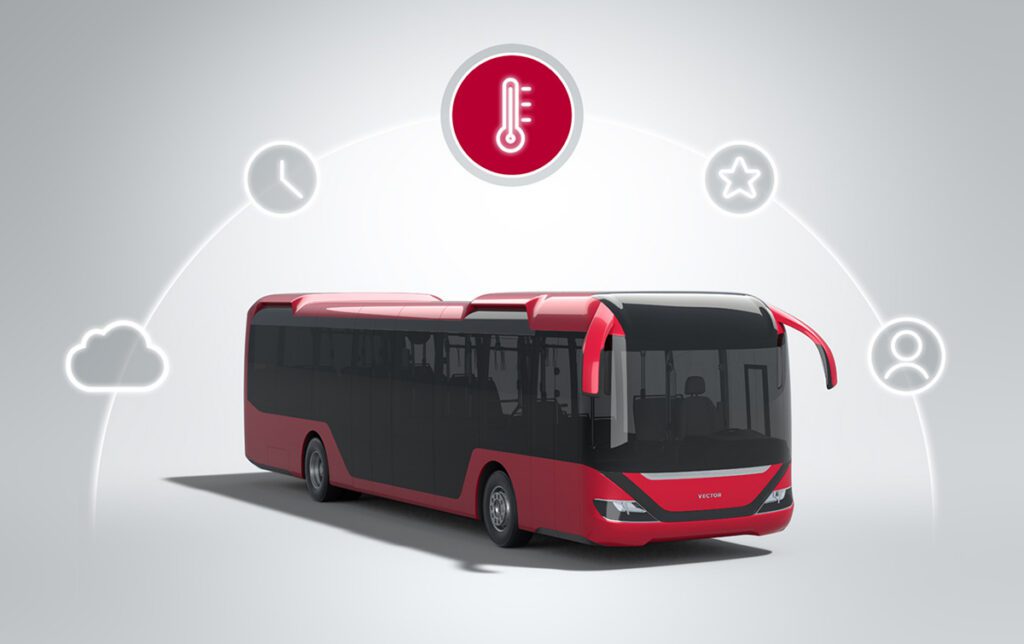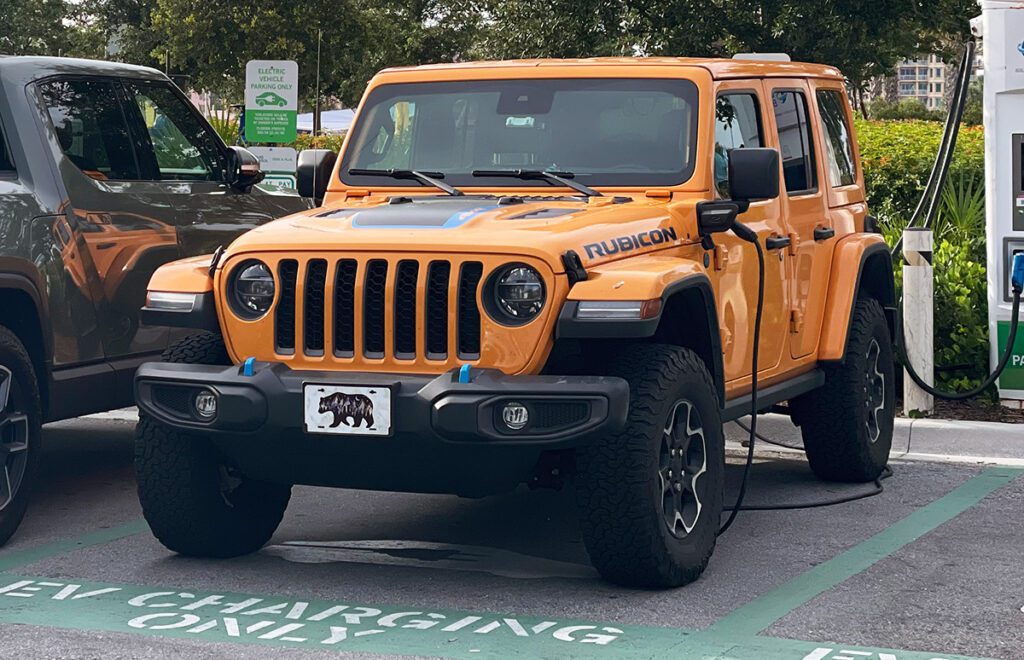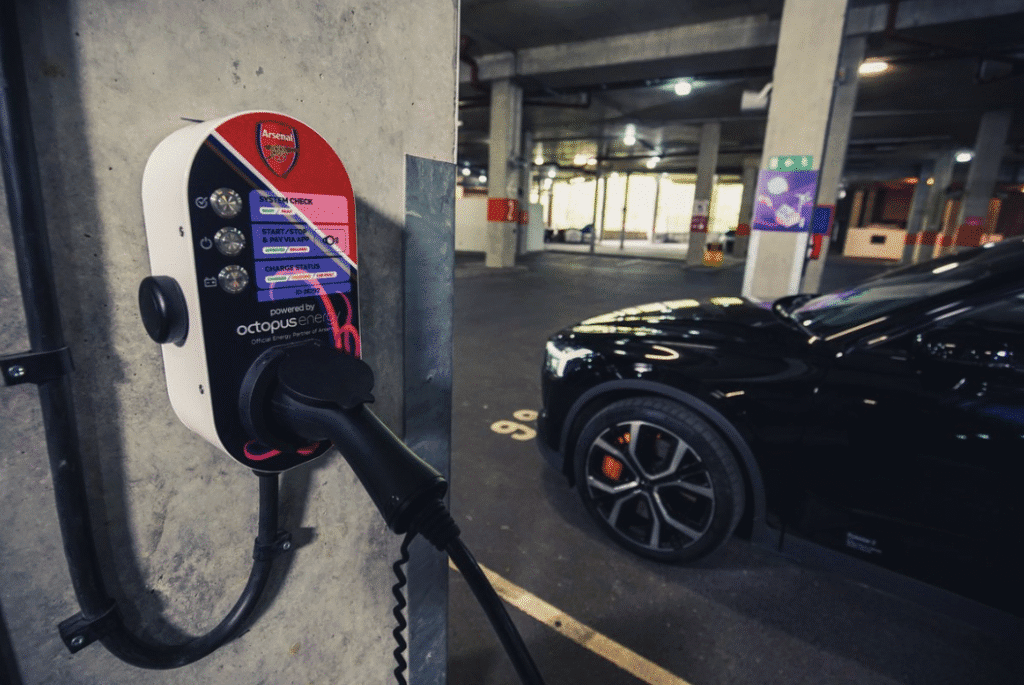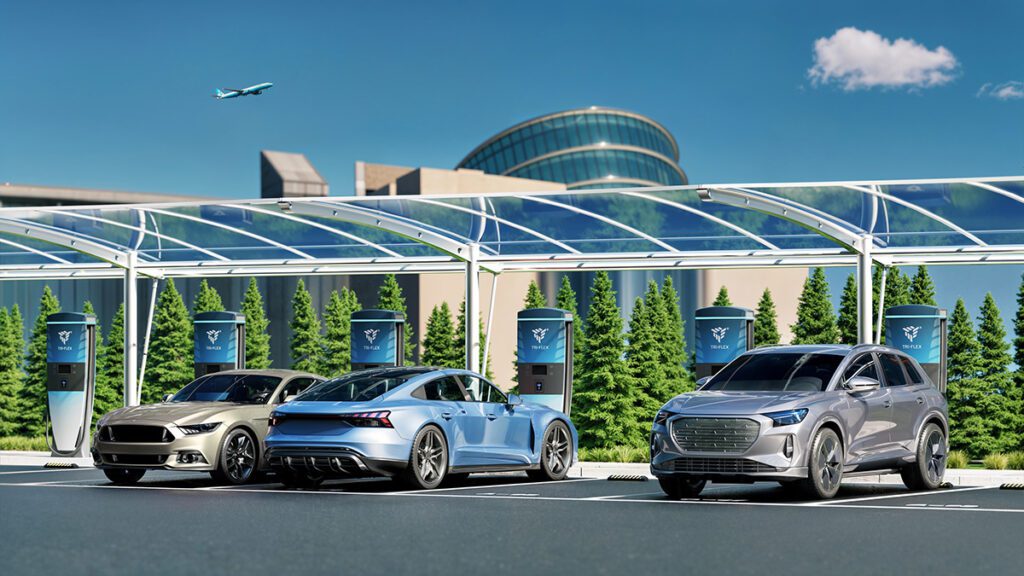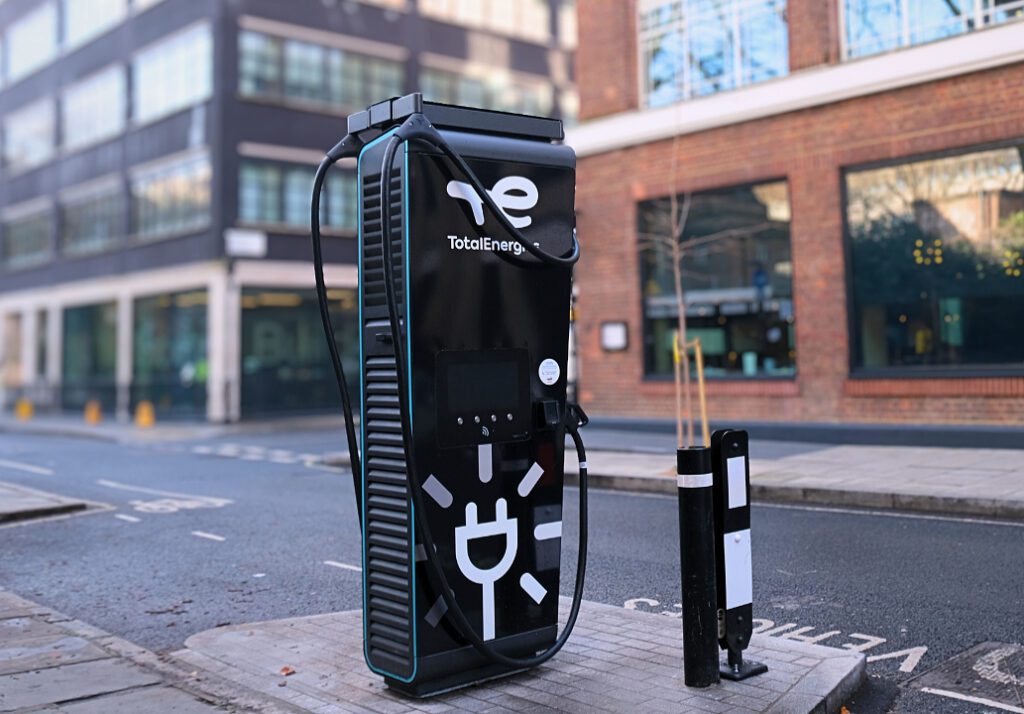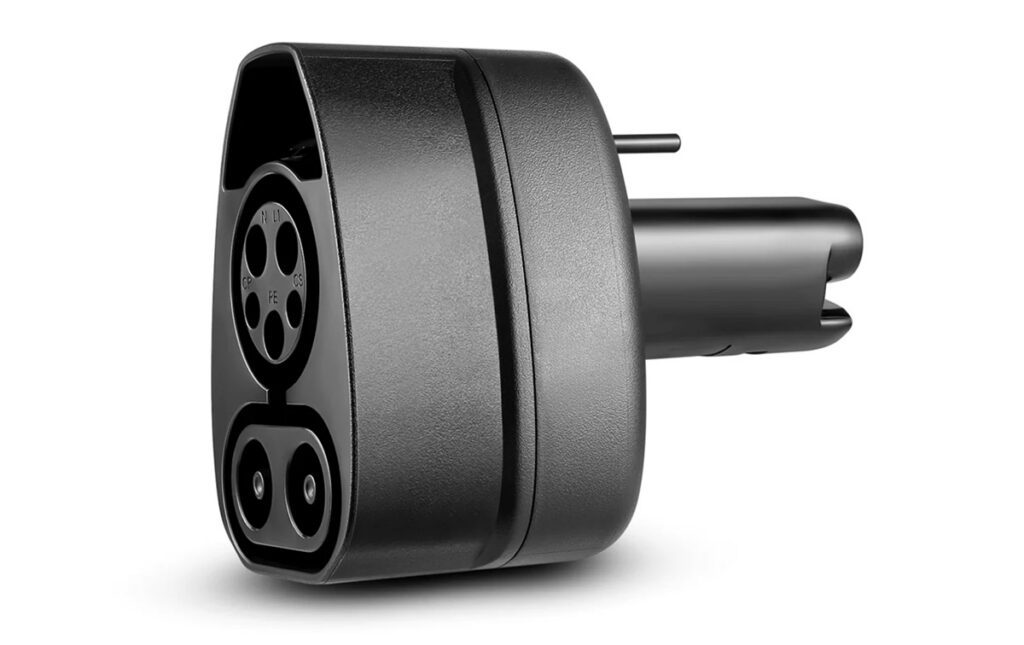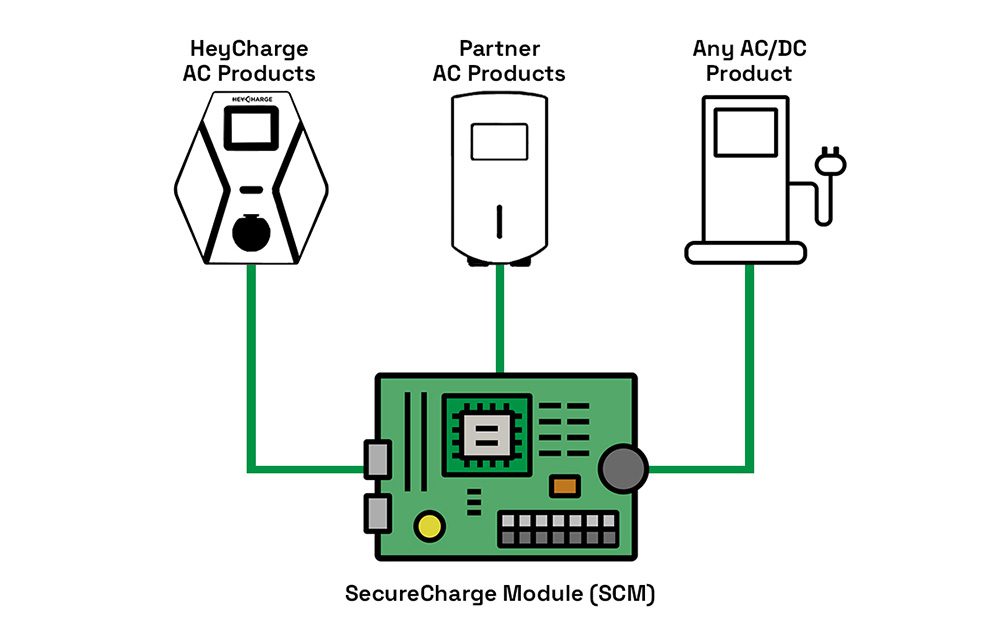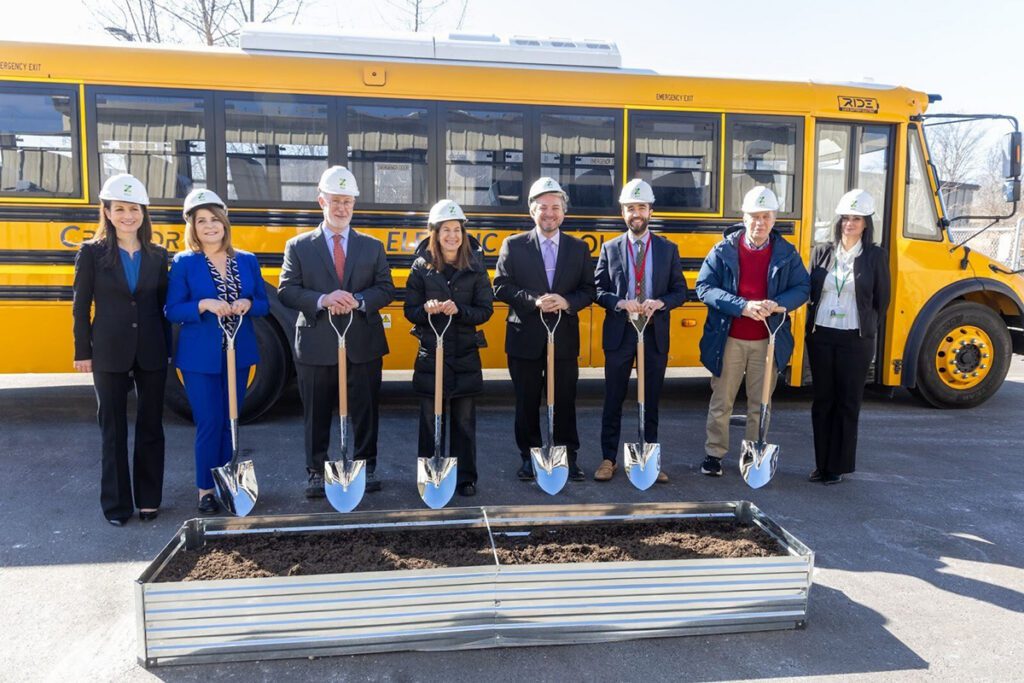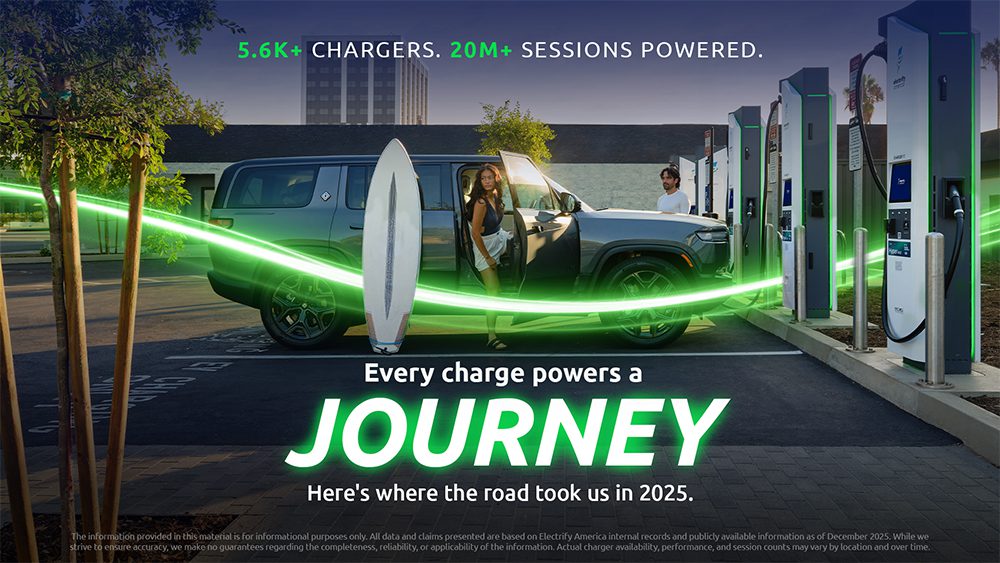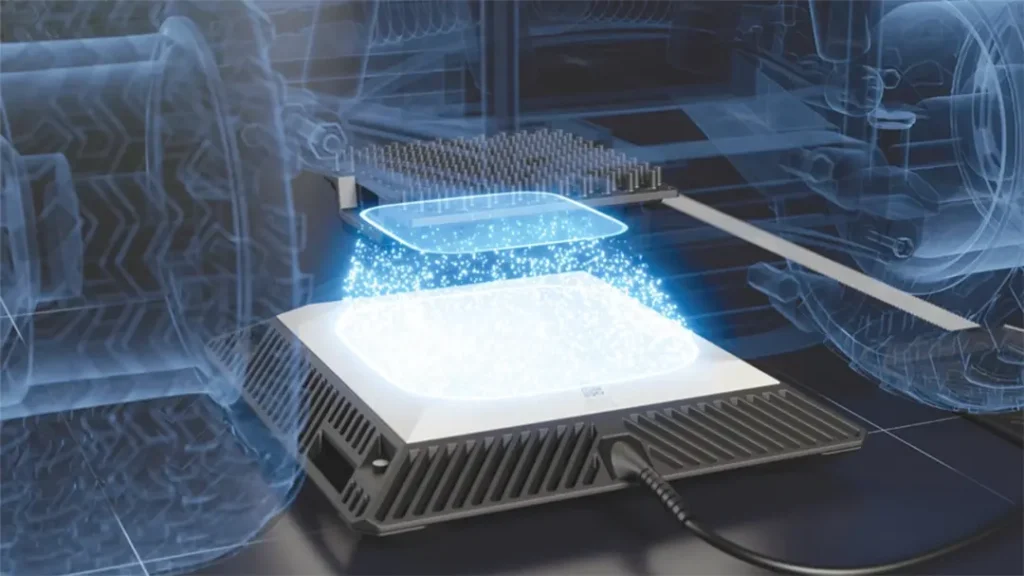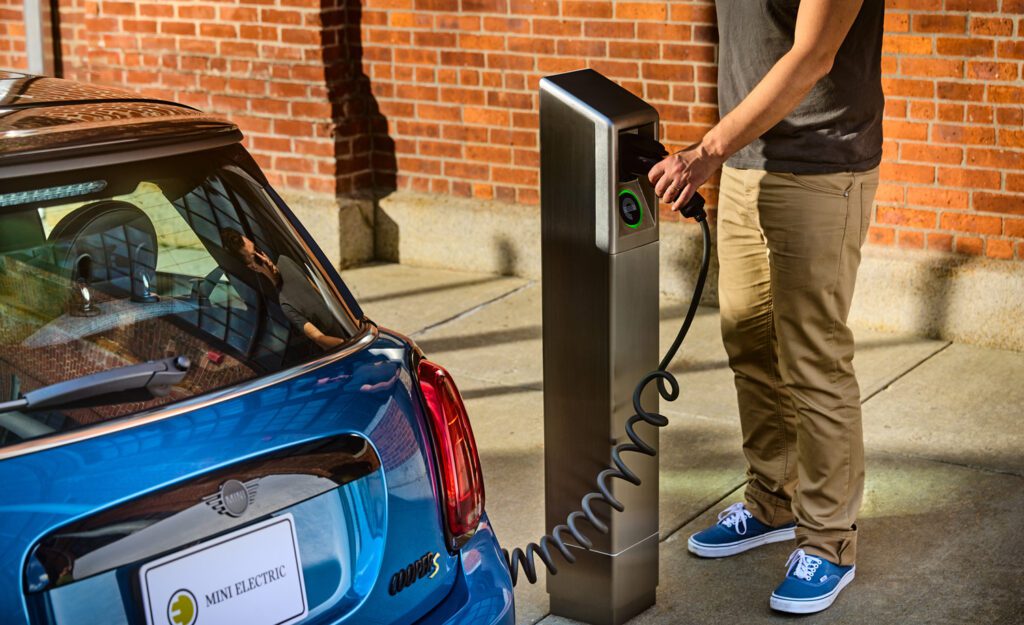The US Department of Energy (DOE), in coordination with the Department of Labor and the AFL-CIO, has announced the launch of a national workforce development strategy for lithium-ion battery manufacturing. As part of a $5-million investment, DOE will support up to five pilot training programs in energy and automotive communities, and advance workforce partnerships between industry and labor for the domestic battery supply chain.
The pilot training programs are designed to lay the foundation for the development of a broad national workforce strategy, supporting industry-labor cooperation and providing sites for job task analyses and documenting worker competencies. Insights gained will support the development of national industry-recognized credentials and inform the development of broader training programs to support the overall battery supply chain.
Recent reports underscore the need for America to develop a robust workforce for the domestic battery supply chain.
This initiative is part of suite of announcements from President Biden’s Interagency Working Group on Coal and Power Plant Communities and Economic Revitalization—a partnership among the White House and nearly a dozen federal agencies committed to supporting communities dependent on fossil fuels as the nation transitions to a clean-energy economy.
“American leadership in the global battery supply chain will be based not only on our innovative edge, but also on our skilled workforce of engineers, designers, scientists, and production workers,” said Secretary of Energy Jennifer Granholm, “President Biden has a vision for achieving net zero emissions while creating millions of good-paying, union jobs—and DOE’s battery partnerships with labor and industry are key to making that vision a reality.”
“President Biden has made the creation of good union jobs a cornerstone of his climate strategy,” said AFL-CIO President Liz Shuler. “We applaud DOE for being proactive in pulling labor and management together as the domestic battery industry is being established.”
The DOE also recently released two Notices of Intent authorized by the Bipartisan Infrastructure Law to provide $3 billion to develop domestic battery manufacturing and recycling. The new funding will support domestic refining capacity of minerals such as lithium, as well as production plants, battery cell and pack factories and recycling facilities.
The DOE’s Mining Innovations for Negative Emissions Resource Recovery (MINER) program has also made $44 million available to fund research to increase the mineral yield, while decreasing the required energy and subsequent emissions, to mine and extract critical minerals such as lithium, copper, nickel and cobalt.
“I am glad to see the Department of Energy collaborating with our industry partners to invest in the next generation of our clean energy workforce,” said Senator Joe Manchin (D-WV), Chairman of the Senate Energy and Natural Resources Committee. “While I remain concerned about our dependence on China and other foreign countries for key parts of the lithium-ion battery supply chain, engaging our strong and capable workforce to manufacture batteries domestically is a critical step toward reducing our reliance on other countries and ensuring we are able to maintain our energy security.”
Source: DOE

